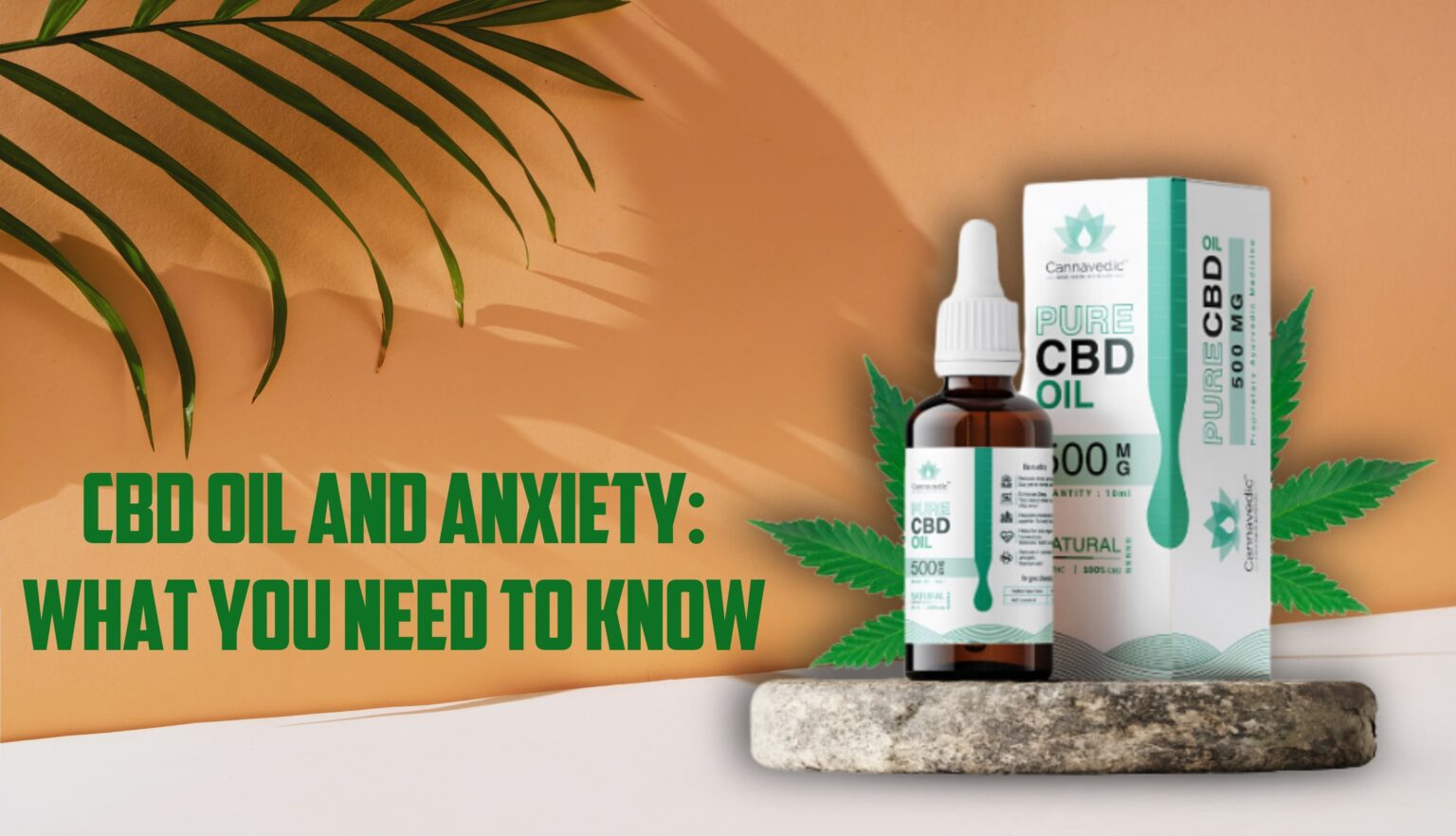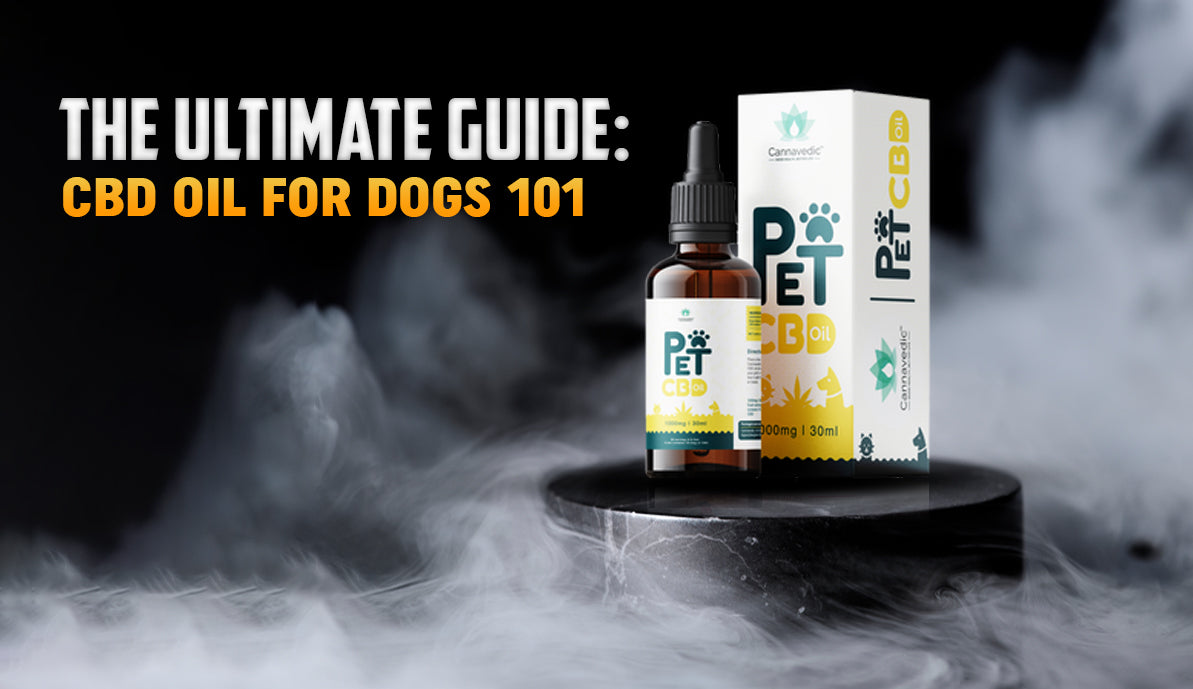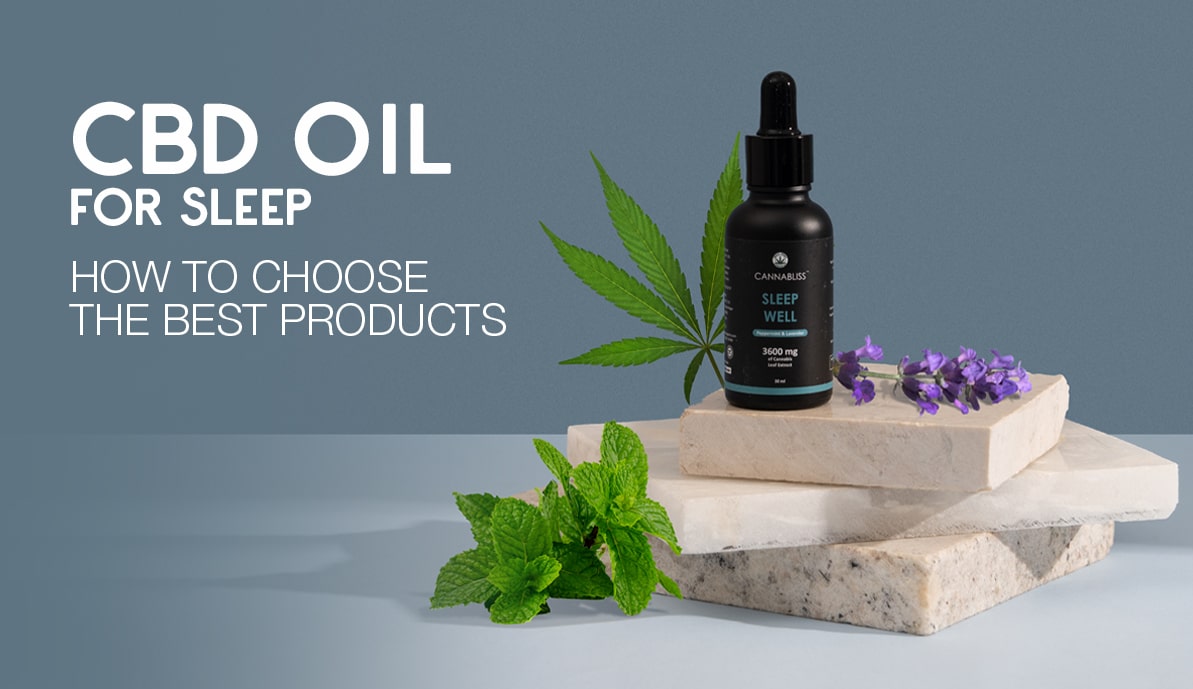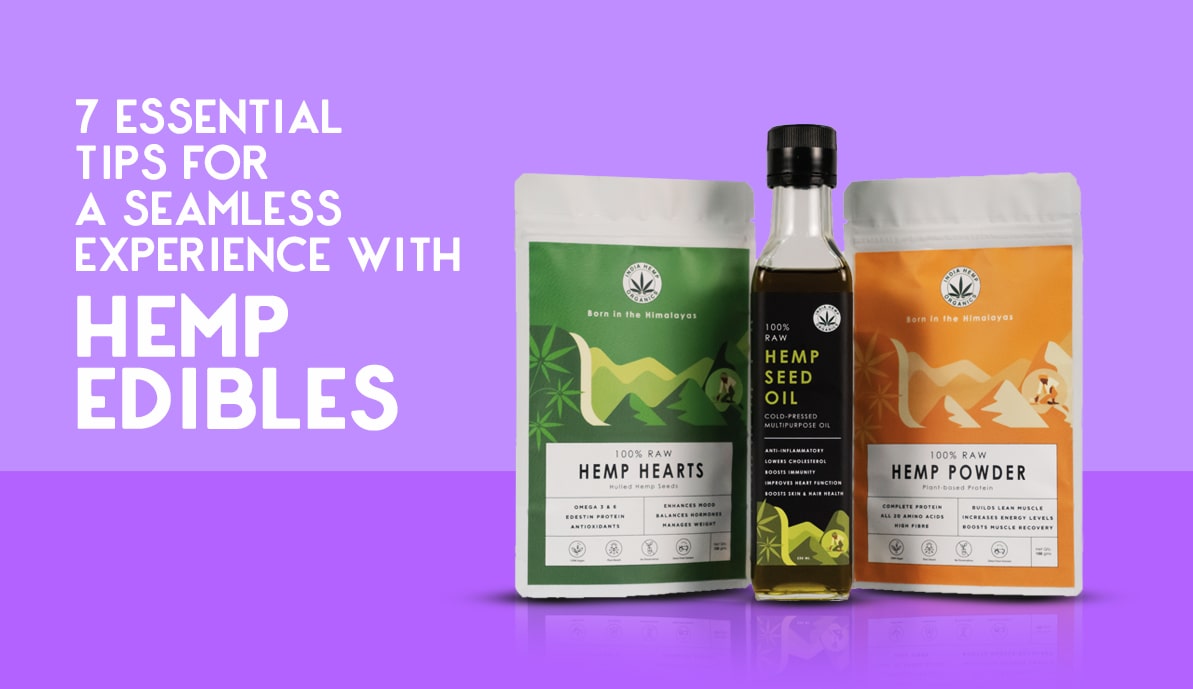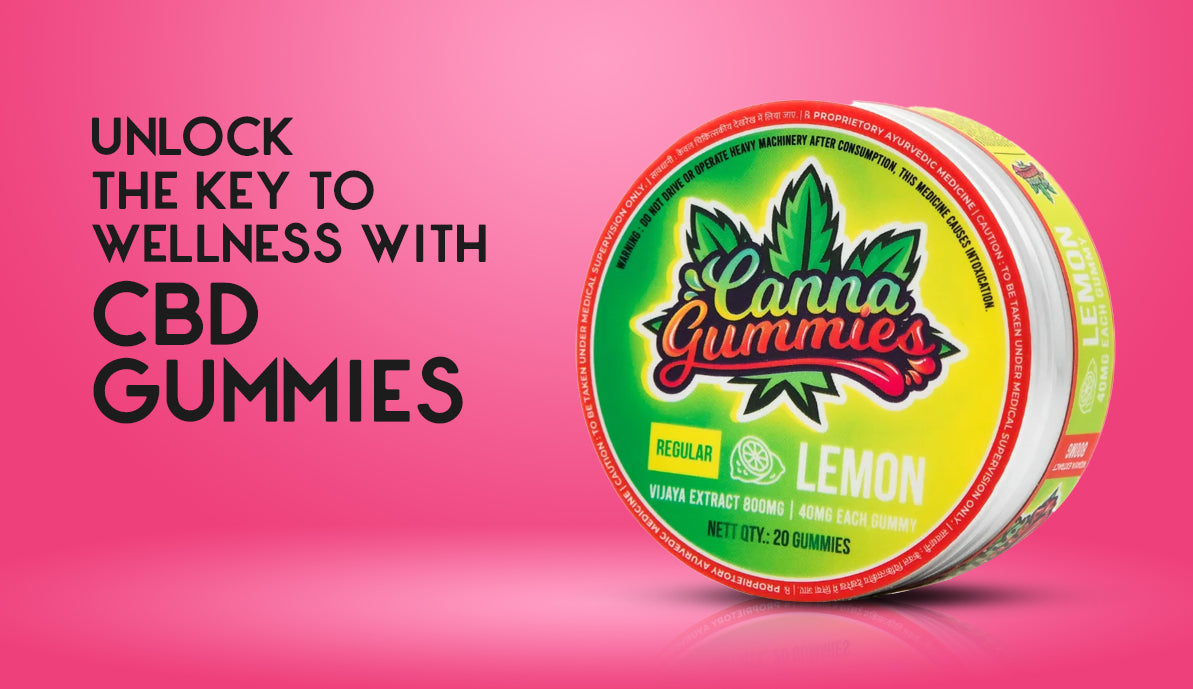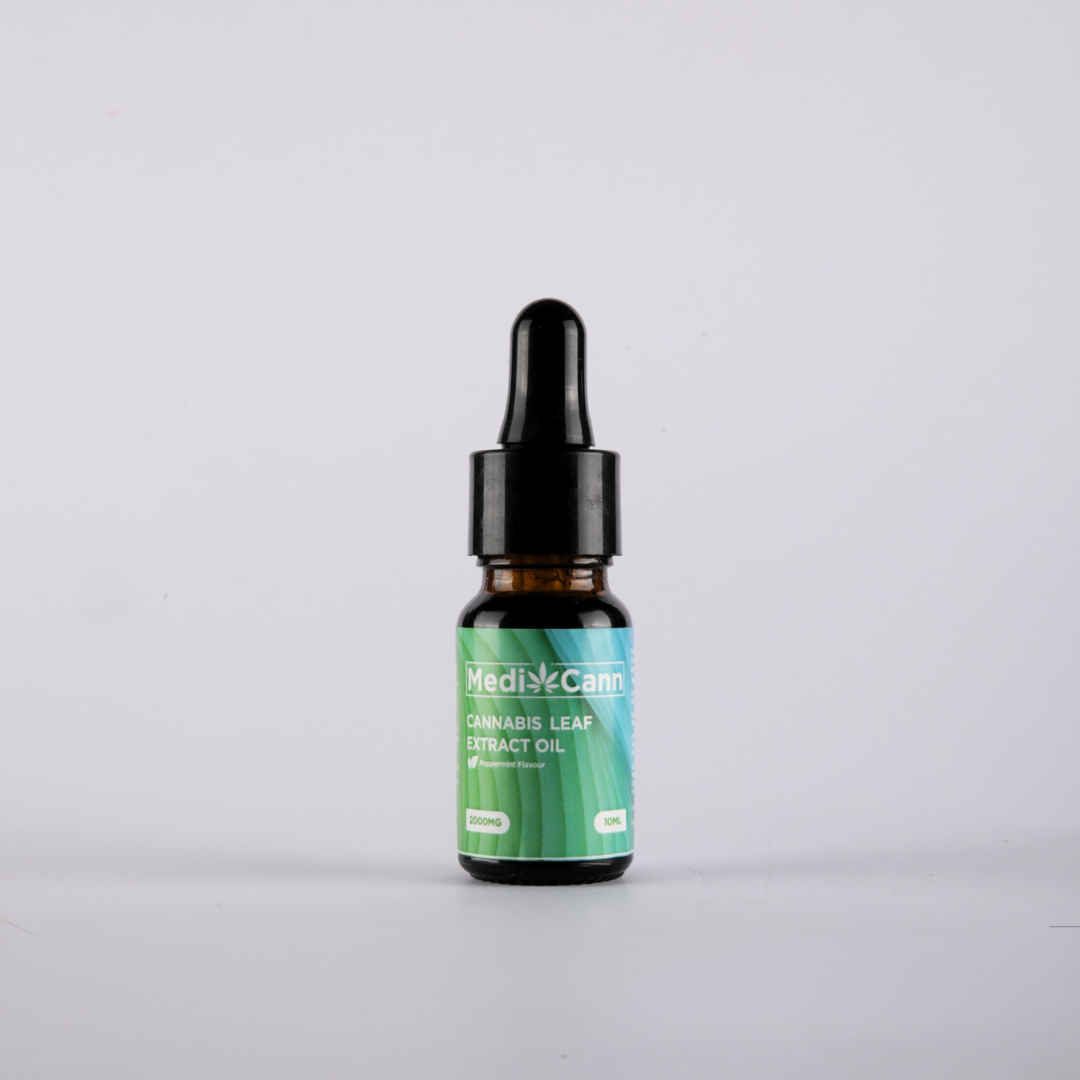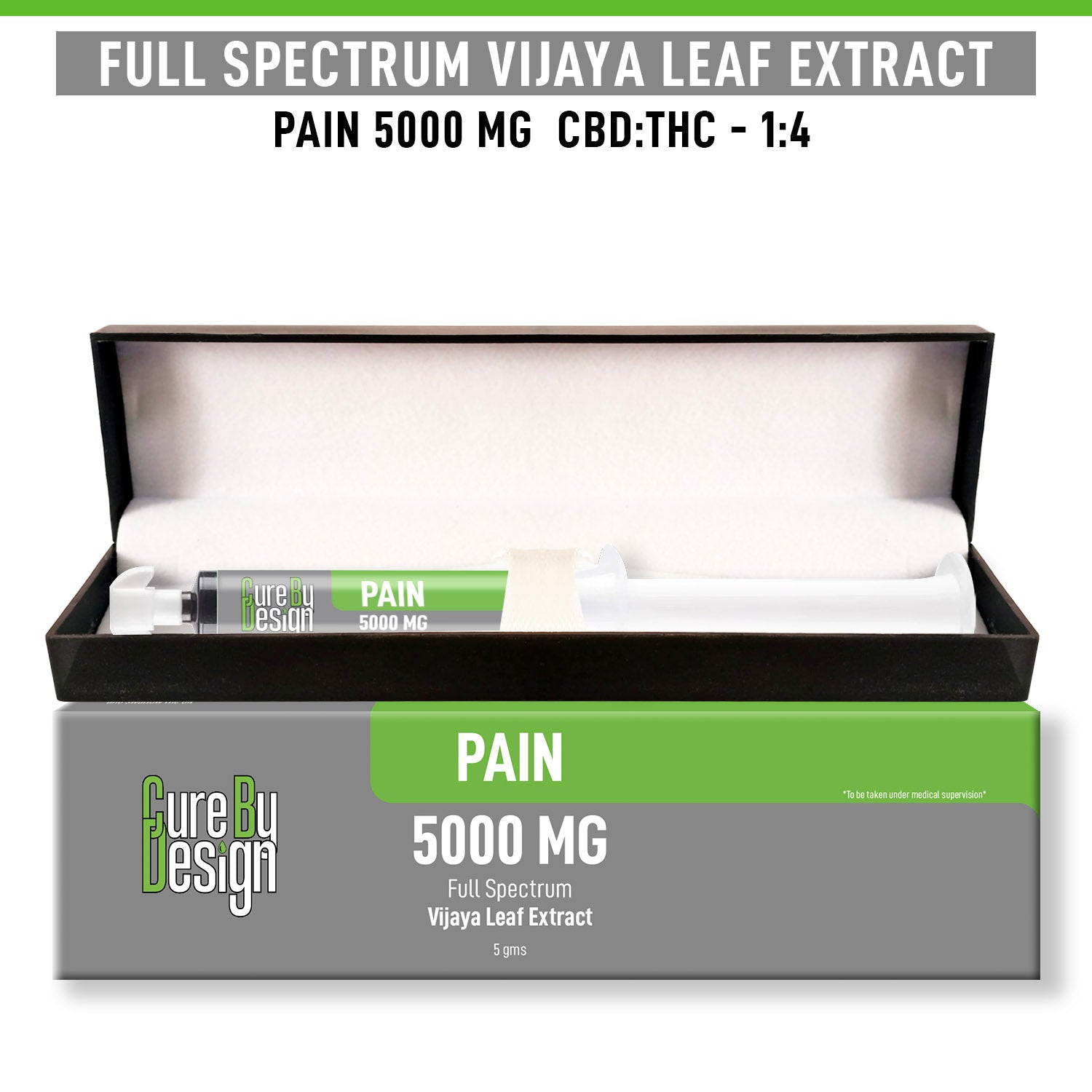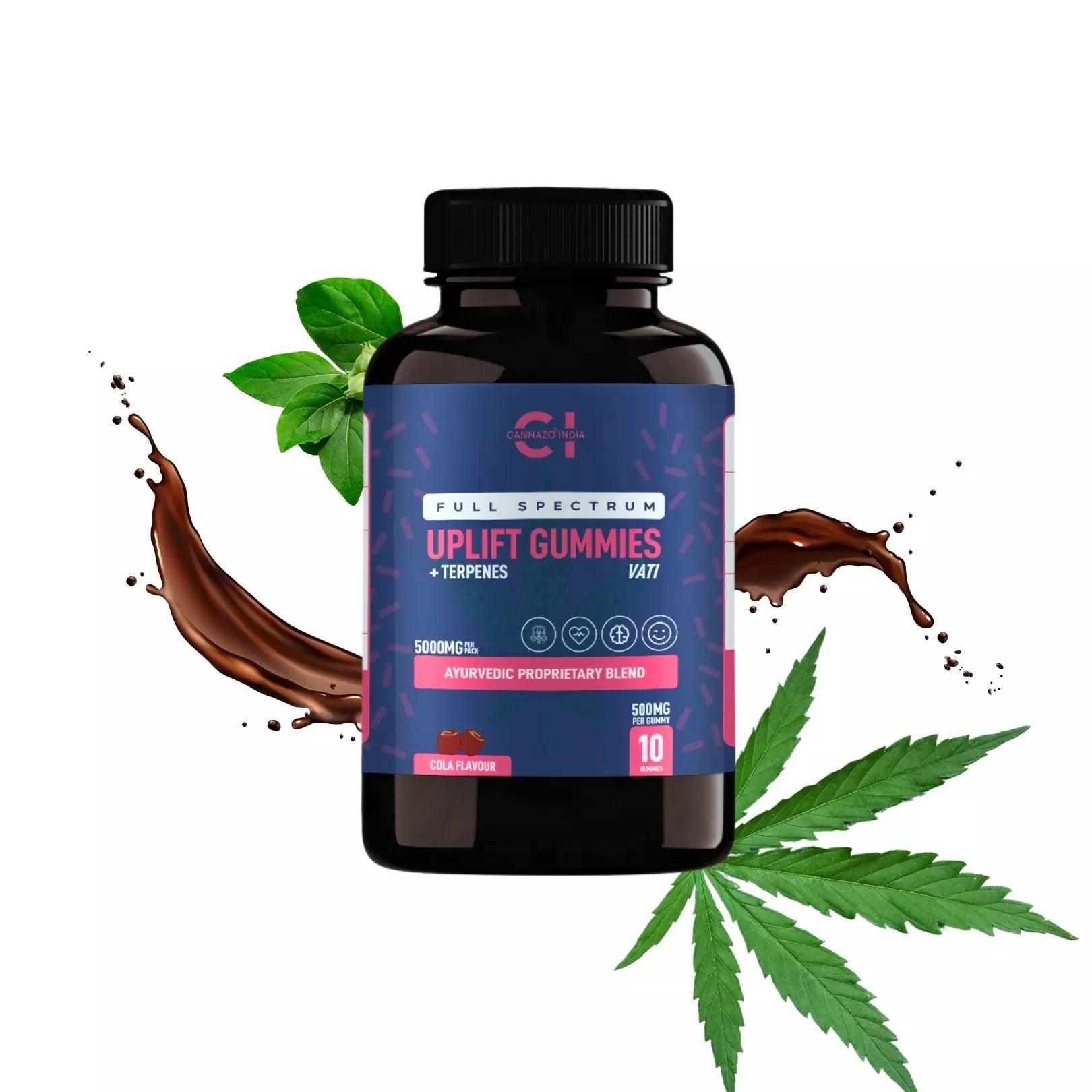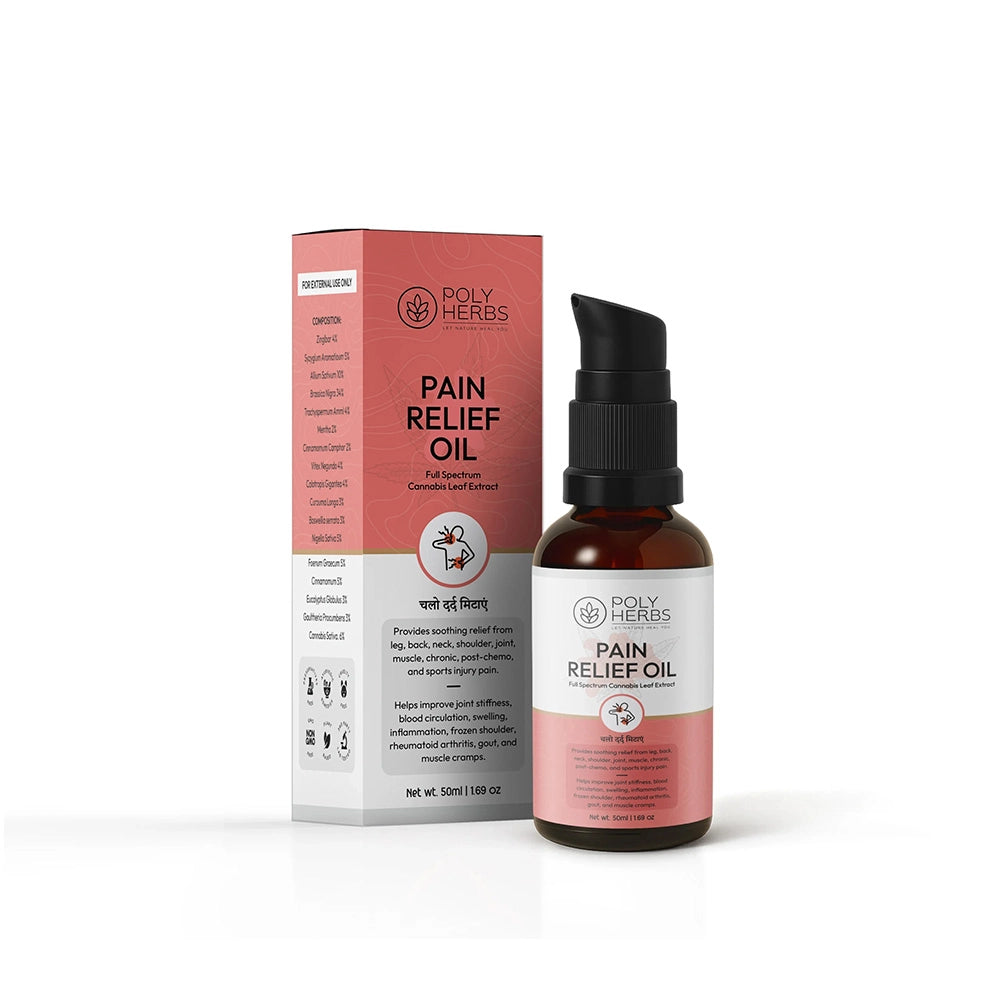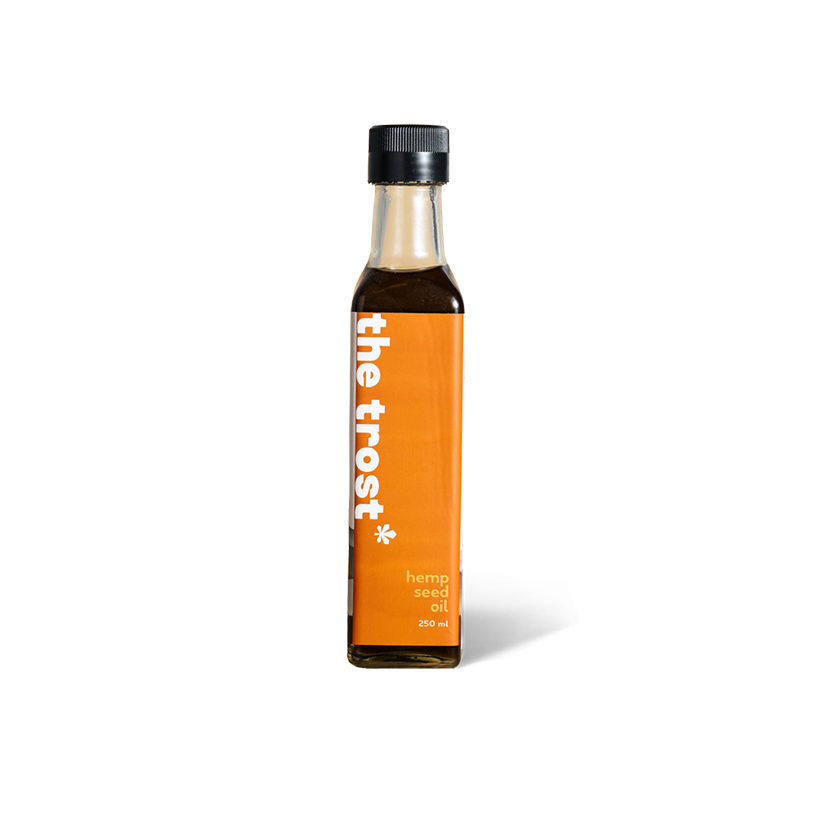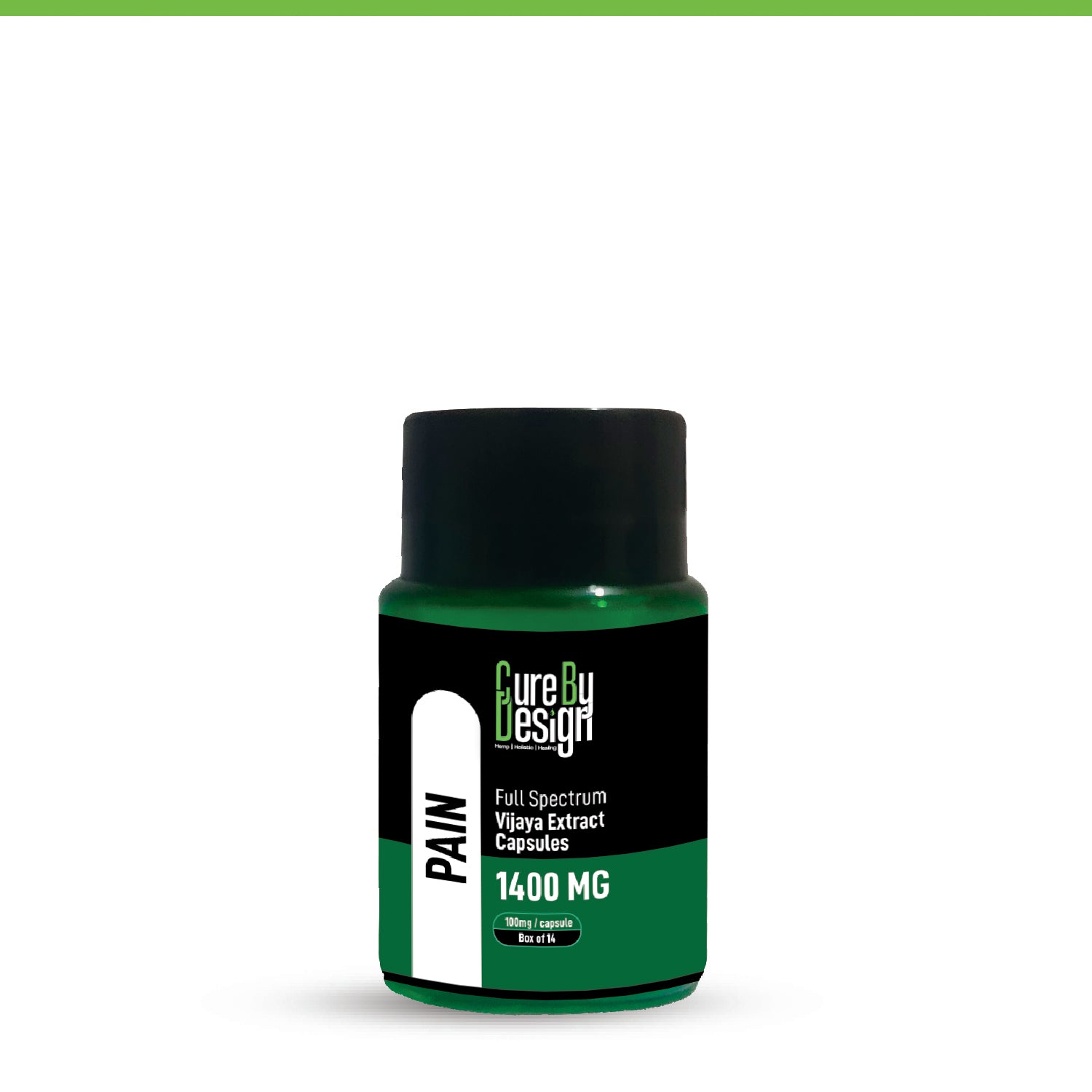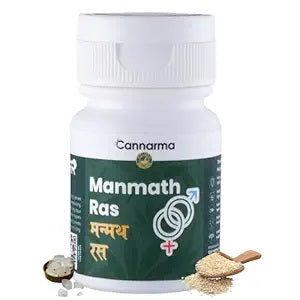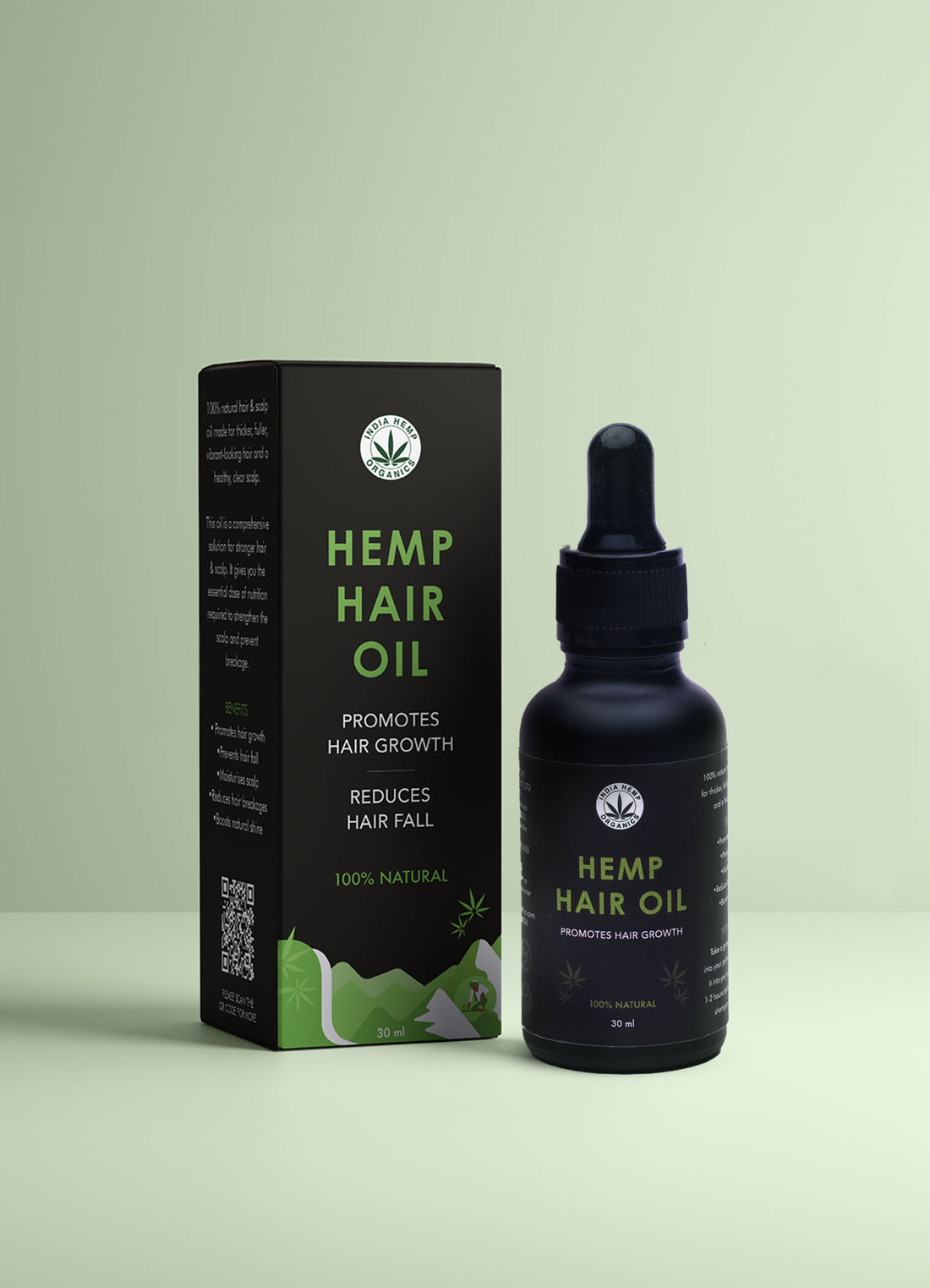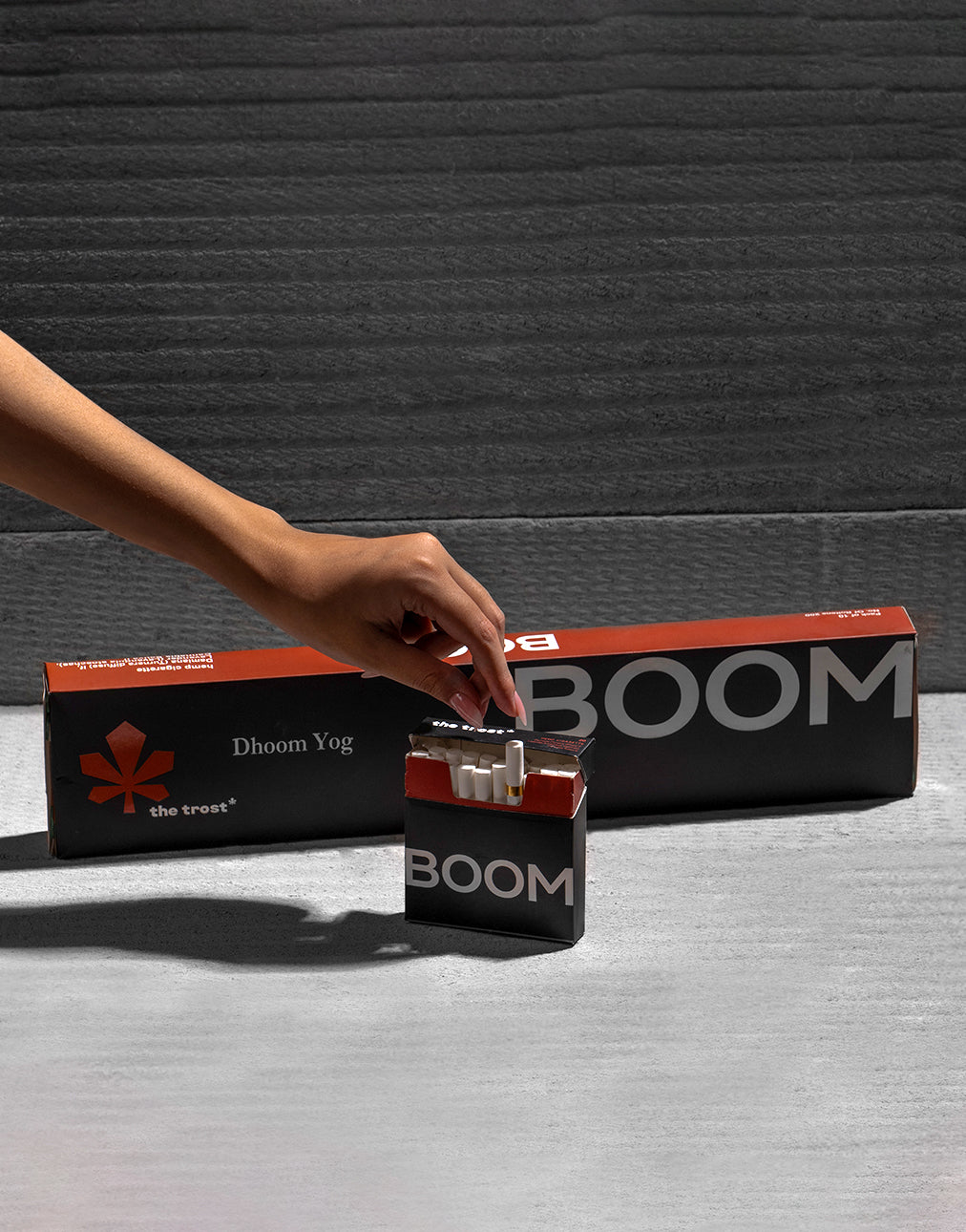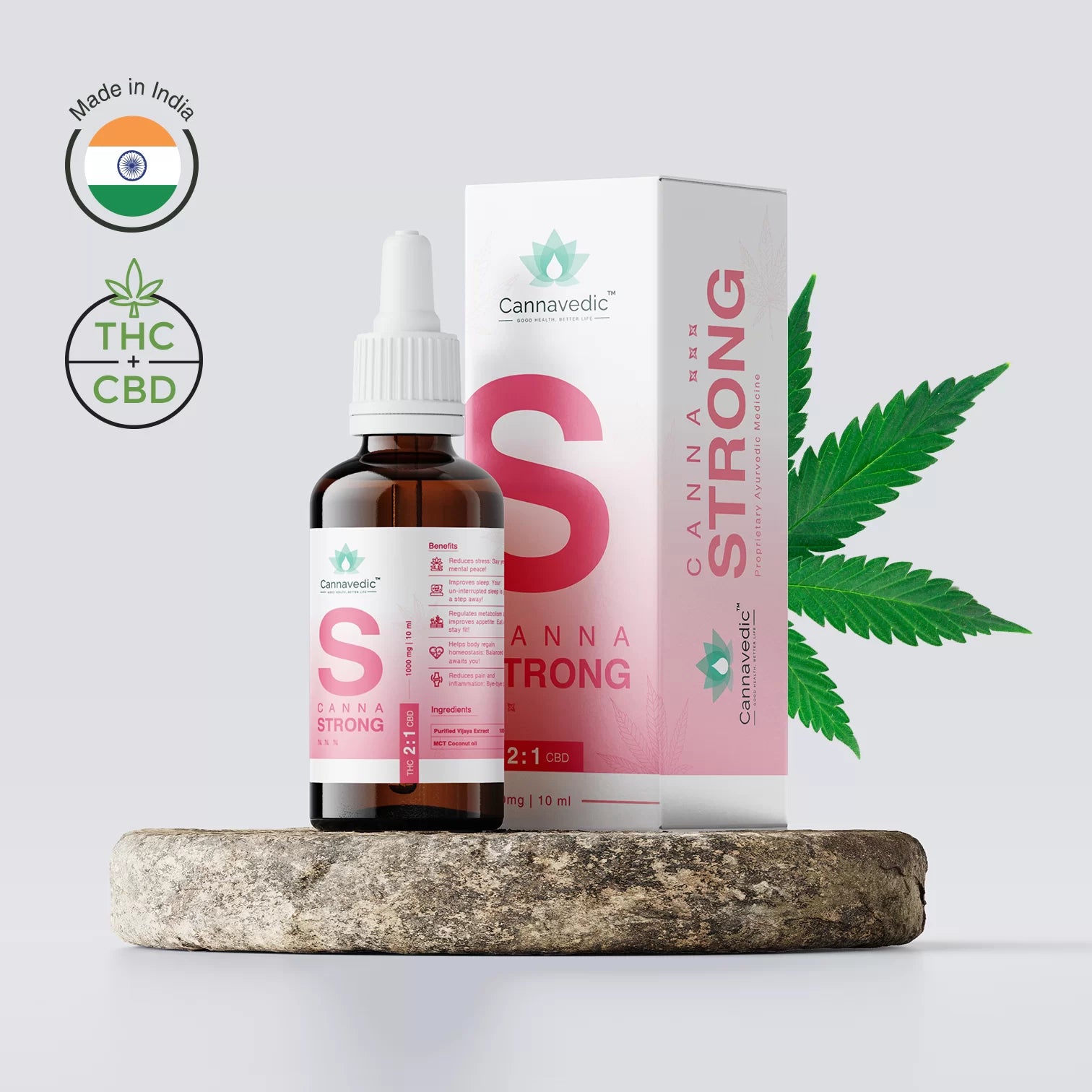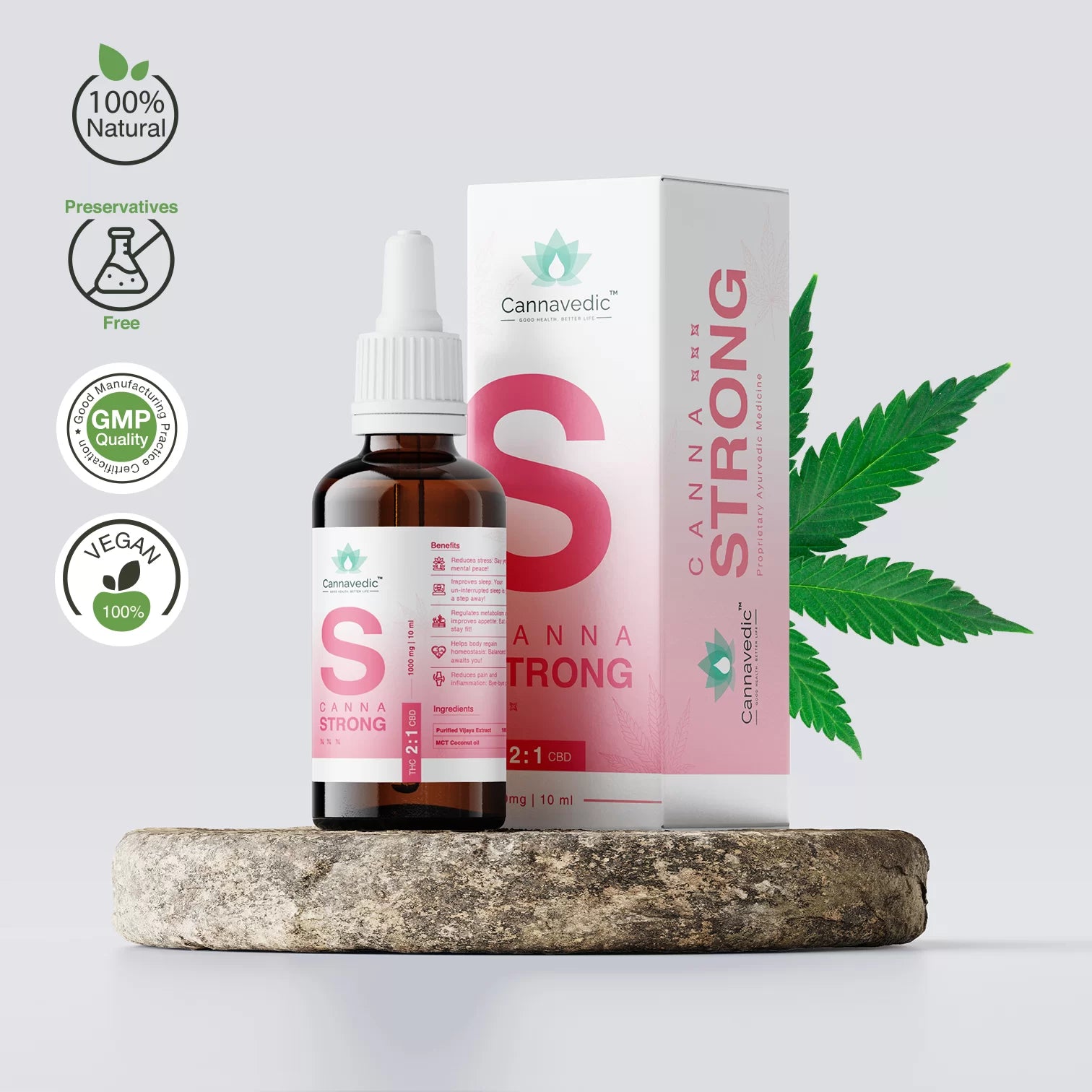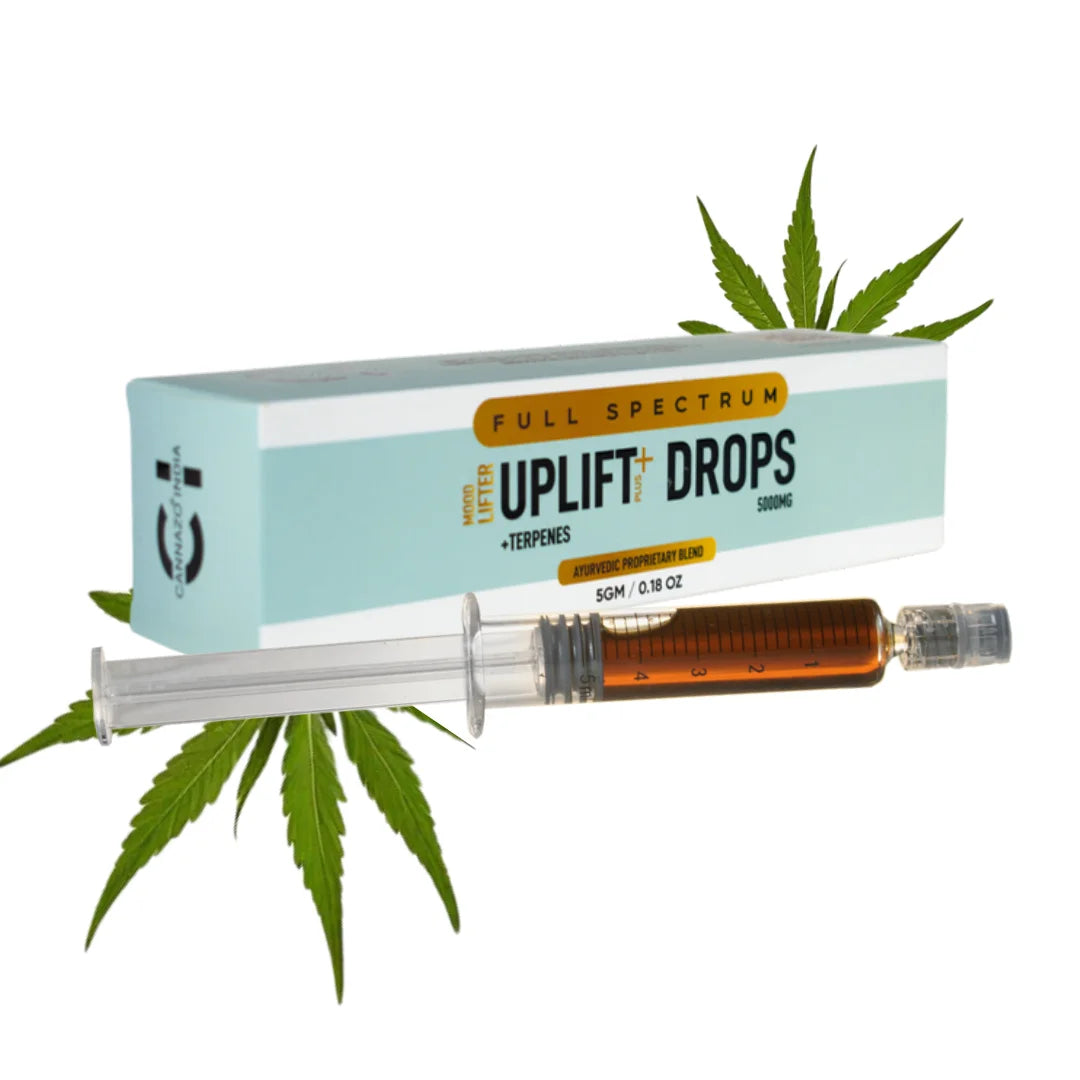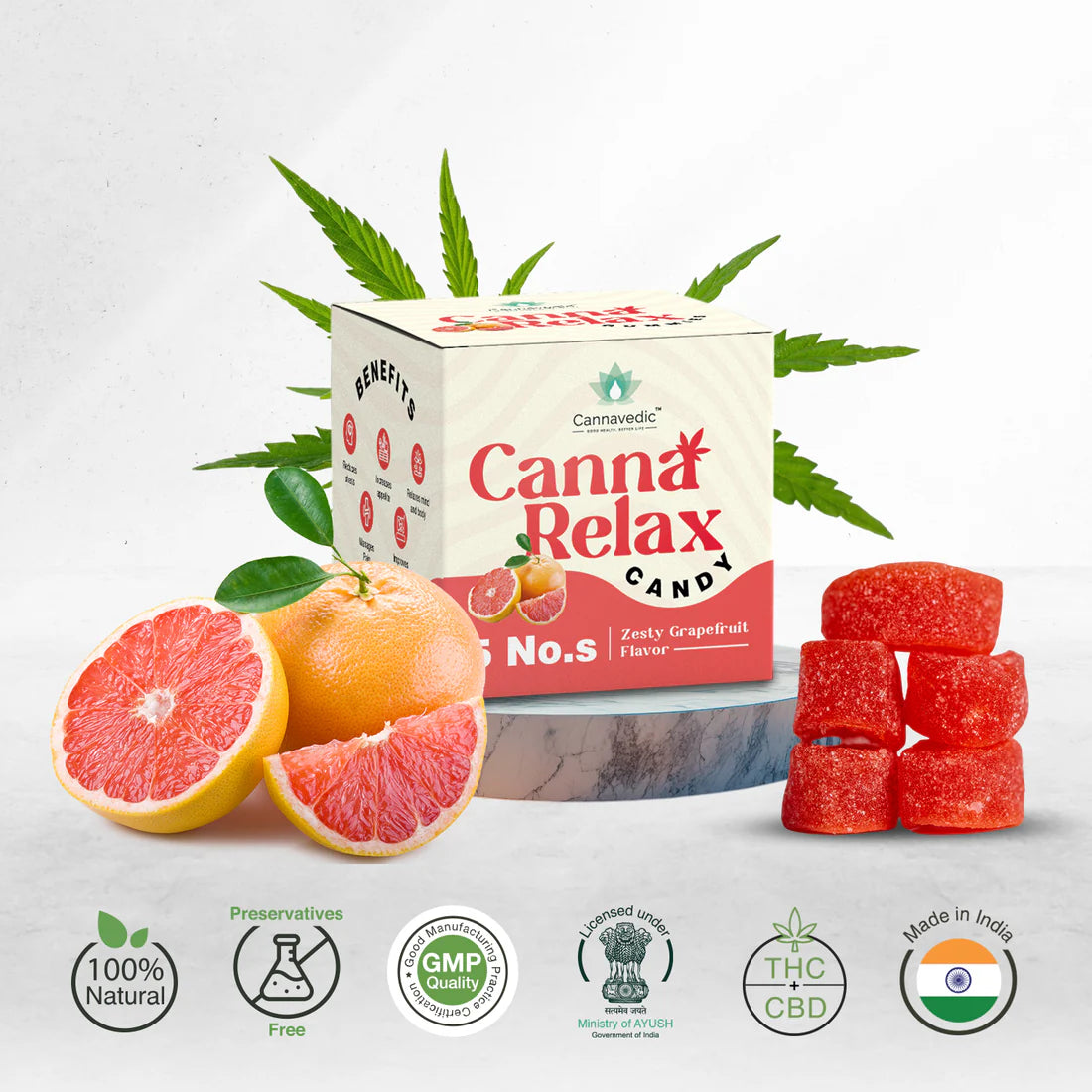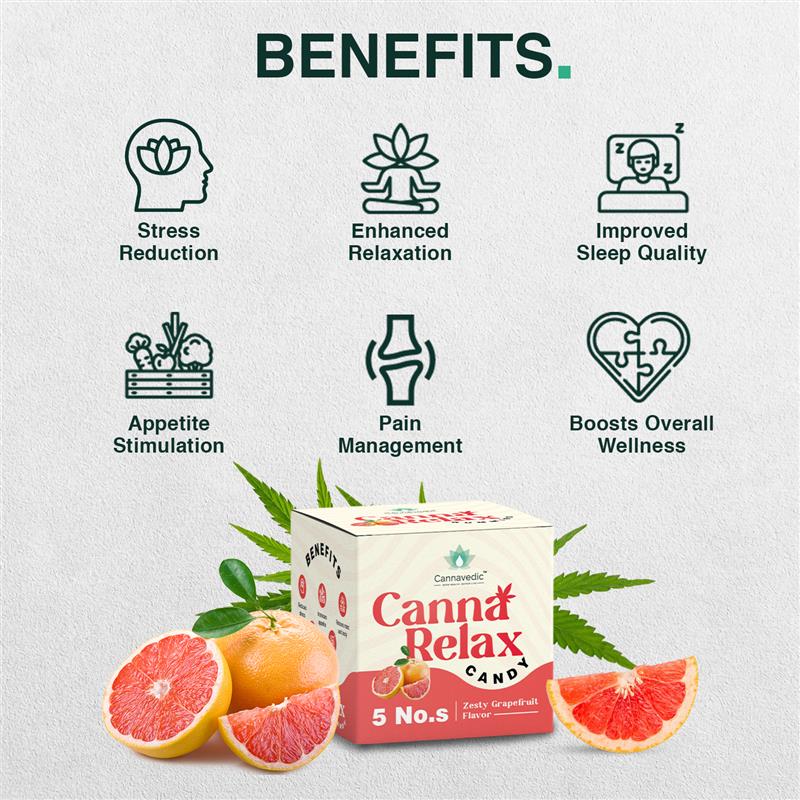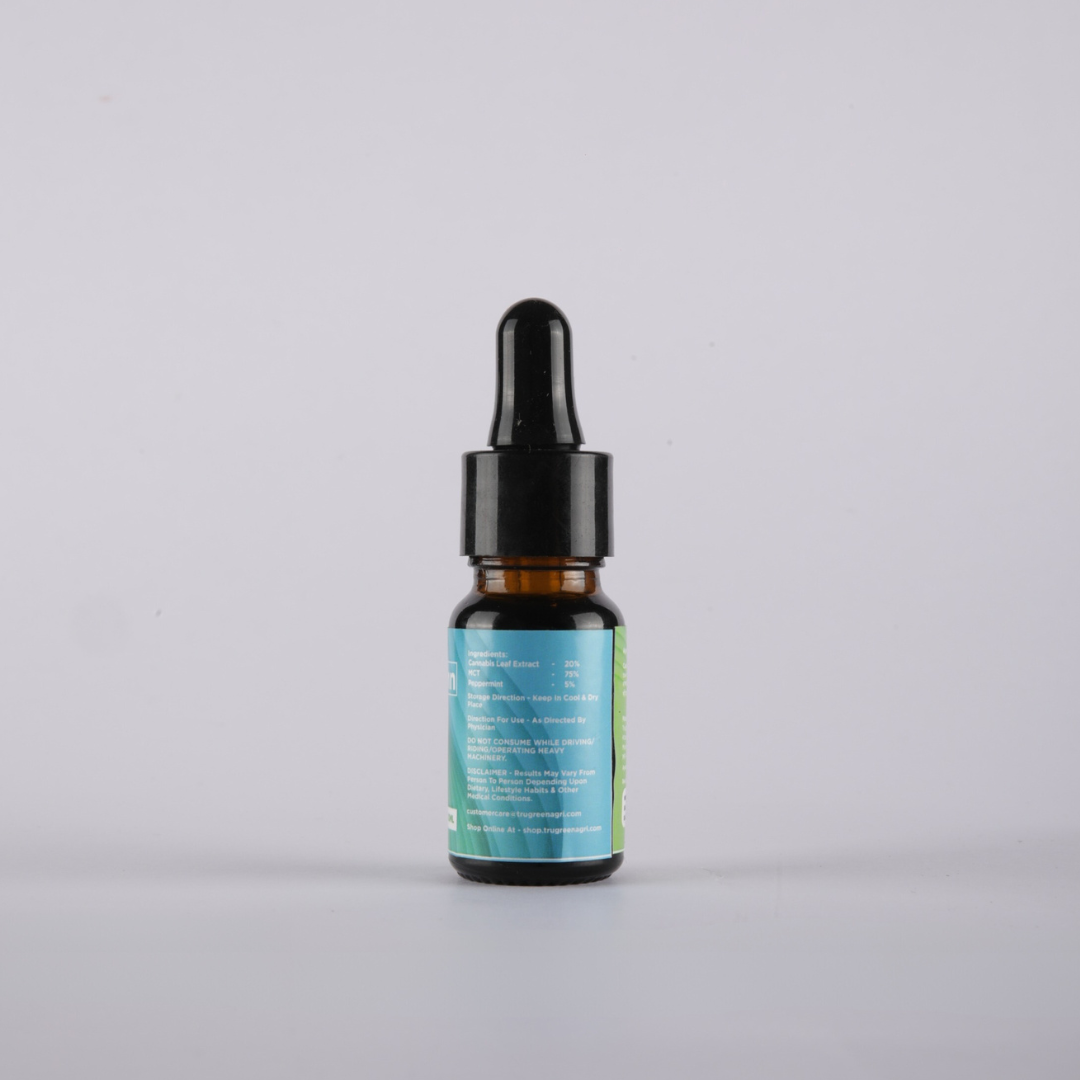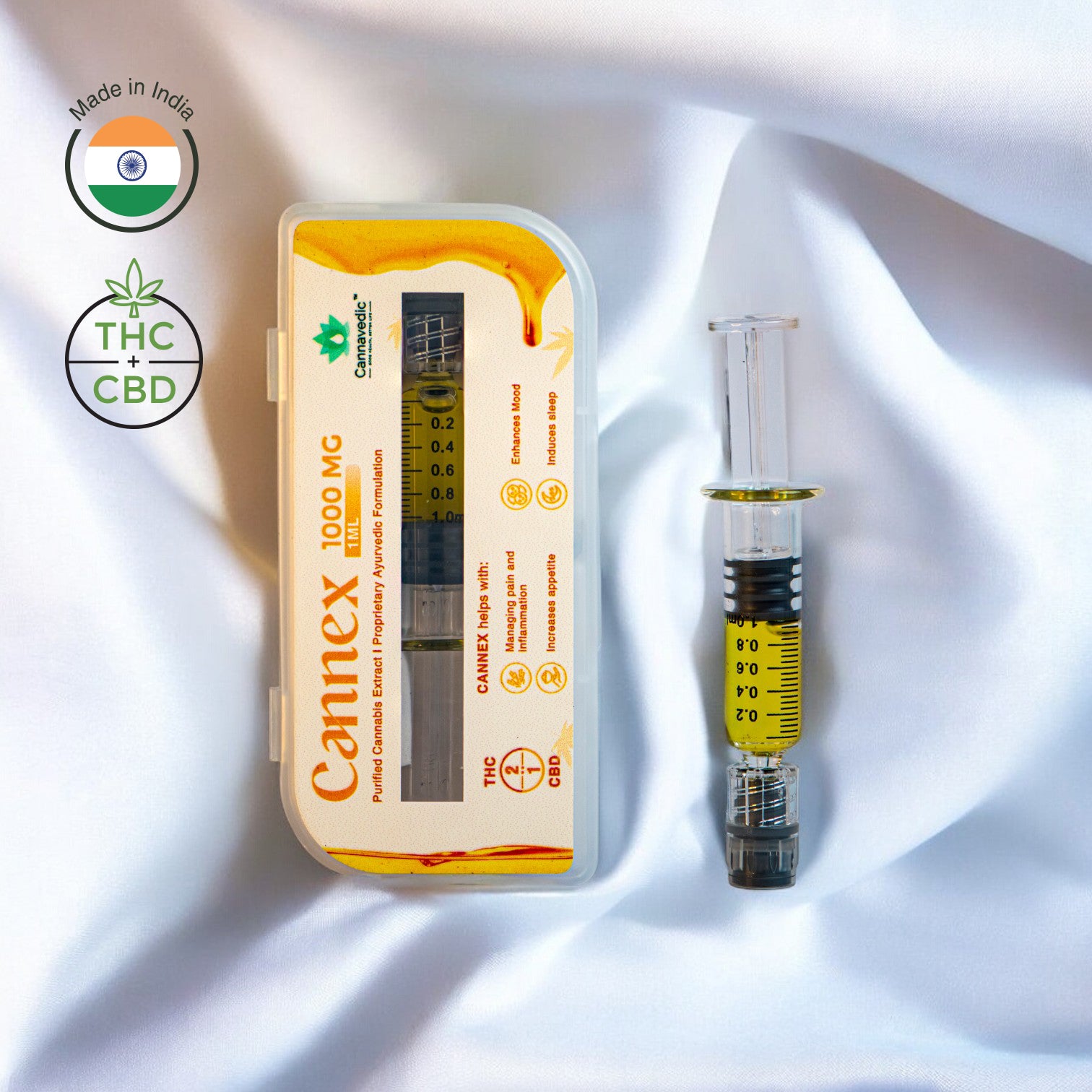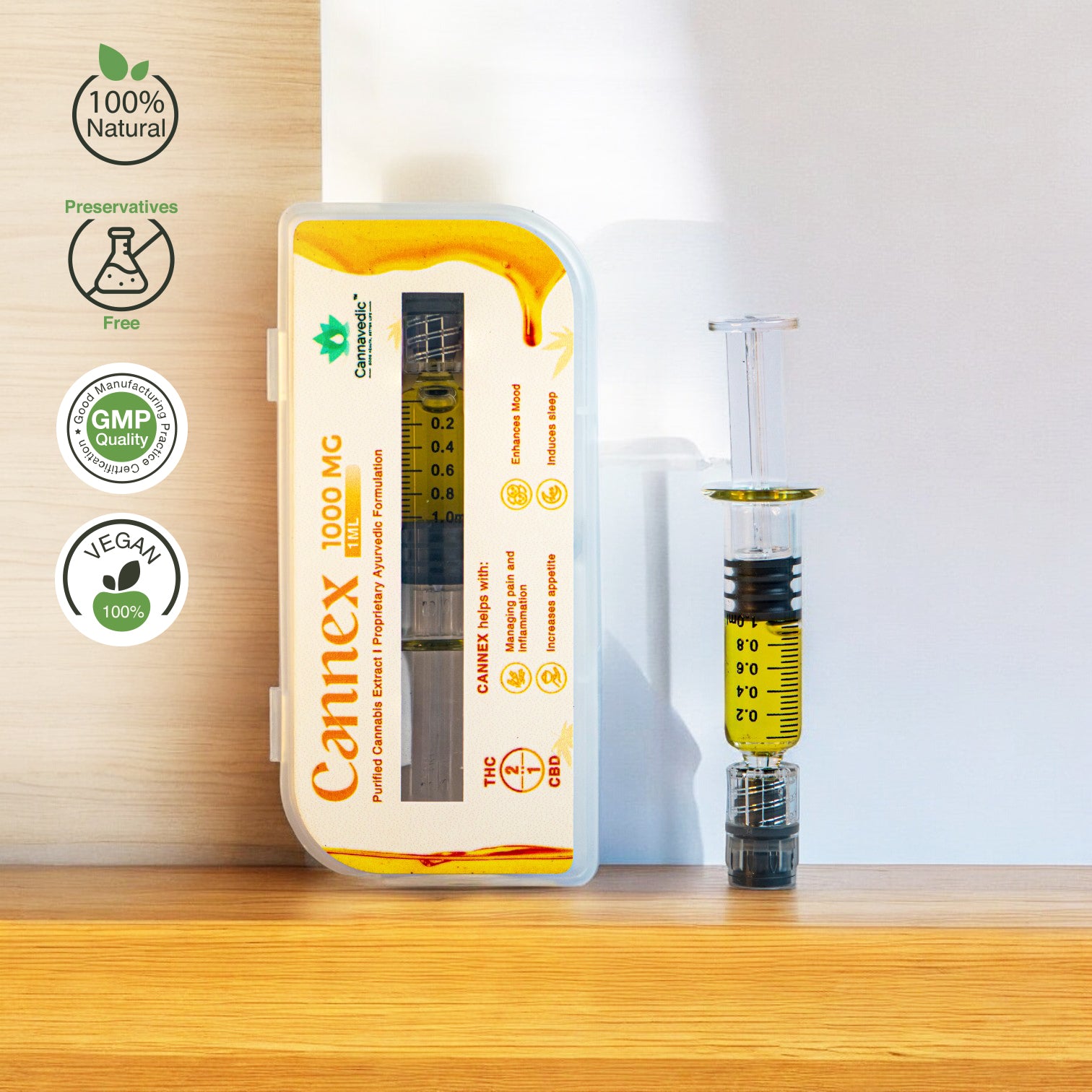CBD and Anxiety: Where’s the Connection?
Of late, the massive hype about CBD is taking the market by storm, and those who are suffering from anxiety are seeking a break from run-of-the-mill, pharmacological medications. It’s because either the medicines are not working for them anymore, or they have triggered certain side effects that have overshadowed the positive effects of those medications. So, Cannabis medications are in demand and CBD medications, starting from hemp body care products, hemp edibles to full spectrum cbd oils and other online hemp products, are getting everyone curious about them.
In an attempt to answer the most probable questions about how full spectrum cannabis oil or cannabis topical or hemp aromatherapy might help you in controlling anxiety – if not eradicating it completely – we present this piece, assuming it to put all your doubts to rest.
Explaining Anxiety
Getting a grip on the way CBD products reduce anxiety requires you to know first about how anxiety sets in. So….onward we go.
At its simplest, Anxiety is a state of negative expectations that takes form in the mind and manifests through physical symptoms and actions. It occurs when a negative expectancy turns into worrying, eventually triggering multiple body systems to facilitate coping with an unknown or adverse situation.
Anxiety is a defense mechanism. Nerve circuits, when activated by threat misperceptions or overestimations from the immediate environment or thoughts, stimulate a protective response.
The Mechanism Behind Anxiety
Till this much is fine. We all get anxious from time to time, and in no time, we also jump back to our feet. Those who can’t, we call them victims of anxiety. Worse is sustained anxiety, where a person is always in an anxious state, never able to come out of it. It creates adverse effects not only on the mind and body but also creates annoyance and, sometimes, hatred among those in his immediate and extended surroundings.
Other than the neural structures involved in anxiety, it is also the amygdala (a part of the limbic system that plays an important role in motivation and emotional behavior) that plays a major role. Usually, it is the prefrontal cortex that initiates rational thinking after interpreting the nature of a threat and orchestrates a behavioural response. This is also called the stress response; even simpler, the flight-or-fight response.
A predisposition to anxiety might be genetic or experiential. If it’s genetic, then it could be that a specific gene turned some area of the brain over- or underactive, which makes an individual over-interpret even normal circumstances as threatening and causes them to overreact. This sets off an alarm to which other brain centres start reacting accordingly, creating a big chaos.
The problem is, over time and in extreme cases, the amygdala starts perceiving every piece of information it receives as threat. Even in the absence of any sort of threat, the amygdala starts buzzing off alarms for the other parts of the brain – especially the hypothalamus – to get defensive, and hormonally, it starts setting off stress responses. One of those responses is the uncontrolled release of adrenalin, which doesn’t take too long to bring adrenal fatigue or burnout. From here starts a bunch of other symptoms like tiredness, physical weakness, sleep problems and excessive sugar and salt cravings.
Brain Areas and their Respective Actions involved in Anxiety Development
Let’s explain through points instead of going the whole hog as we would in a medical classroom.
- The amygdala (central emotional processor) and Bed Nucleus Stria Terminalis (BNST; extended Amygdala controlling autonomic and neuro-endocrine functions) receive stimuli.
- The amygdala and BNST interpret stimuli as threats.
- The amygdala sends a distress signal to the hypothalamus and the hippocampus, a deeply embedded complex structure set deep into the temporal lobe, controlling learning and memory and prone to damage chiefly by wrong stimuli. The prefrontal cortex (seat of executive functioning) is also held back from exerting control over the emotional response of the amygdala since the negatively-activated amygdala, assisted by glutamate (an excitatory neurotransmitter), disrupts decision-making and cognitive functioning by suppressing the normal neural activity of the prefrontal cortex.
- The hypothalamus switches the sympathetic nervous system on while the hippocampus – the repository of memory, fails to put the threat signal into a comforting context.
- The sympathetic nervous system relays the signal to the adrenal glands.
- Adrenal glands release epinephrine/adrenaline, hyperalerting the entire brain and the senses.
Actions of CBD in Anxiety Resolution
CBD exhibits a very complex mechanism of action, which primarily involves the cannabinoid receptors (CB type-1 & CB type-2) and G protein-coupled receptor 55 or the GPR55. Acting as an agonist at the serotonin 1A (5-HT1A) receptor (Russo et al., 2005) and as a transient receptor potential for Vanilloid 1 (TRPV1) receptors, CBD administration has been found to modulate the functions of the key regions involved in the pathophysiology of anxiety development.
The pre-synaptic serotonergic system stays overactive during an anxiety attack because of an increased synthesis of serotonin and its transportation through the ACC (anterior cingulate cortex), Striatum and amygdala. The anxiolytic effects of CBD exerts through the 5-HT1A dependent mechanism, though high doses of CBD are ineffective since they activate TRPV1 receptors, facilitating glutamate release and inhibiting CBD’s anxiolytic effects as a result of modulation of the 5-HT1A neurotransmission.
How Do you find the Right Dose of Cannabis Medication for your Anxiety Resolution?
There’s a huge amount of data we collected from in vitro and in vivo studies ( Source – Nature.com ) and found out that CBD or cannabidiol makes a promising candidate to break free from the sufferings anxiety brings, both on the psychiatric and the somatic levels.
The anxiolytic effects of hemp seed oil, although promising, have been found to be dosage dependent, and it’s not always that a standardized dose is going to work for everyone. The dose is, therefore, to be fixed according to the severity of the disorder as well as the body constitution of the victim, to which only a qualified medical professional is entitled. This applies as much for the hemp edibles as for full spectrum cannabis oil, and our doctor at Hempiverse will make a mix match as per your need to make the Cannabis medication work the best for you!



